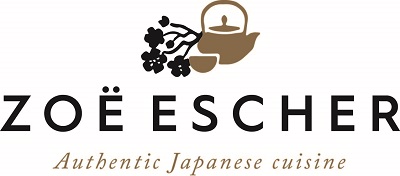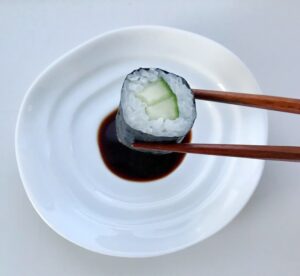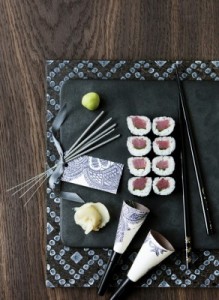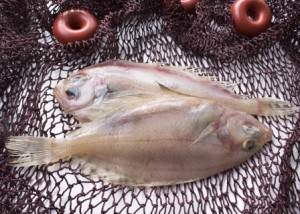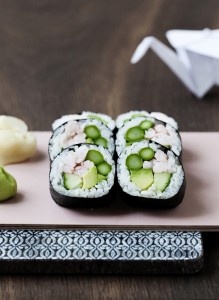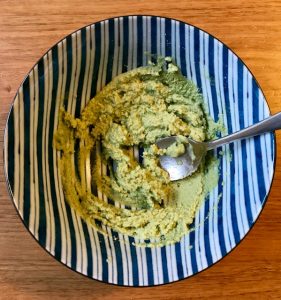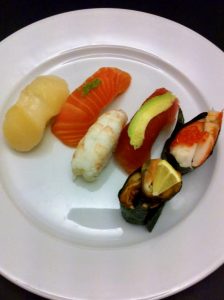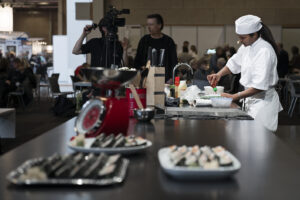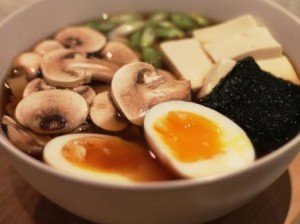There is a definite reason why soy sauce is served for sushi.
In Japan, soy sauce is considered a spice. It’s a way to taste the sushi pieces. It is used in much the same way as we use spices in Europe.
However, there is a difference.
It is not equally valid what type of soy sauce is used for sushi or other Japanese dishes.
Some dishes are delicious and mild like sushi while others are stronger have a stronger flavor such as hotpot.
It is important that you use a soy sauce that goes well with sushi, so that the sushi pieces do not suddenly become too salty to eat. It can ruin the dining experience.
At the Sushi Course for Beginners, you will learn how to use as Japanese sushi chefs in Tokyo use.
_
Zoë has lectured and held sushi courses for A. P. Moller – Maersk, Hugo Boss Nordic, Novo Nordisk, Novartis, Velux, Gorrissen Federspiel, Beierholm revision, Elbek & Vejrup and many more.
